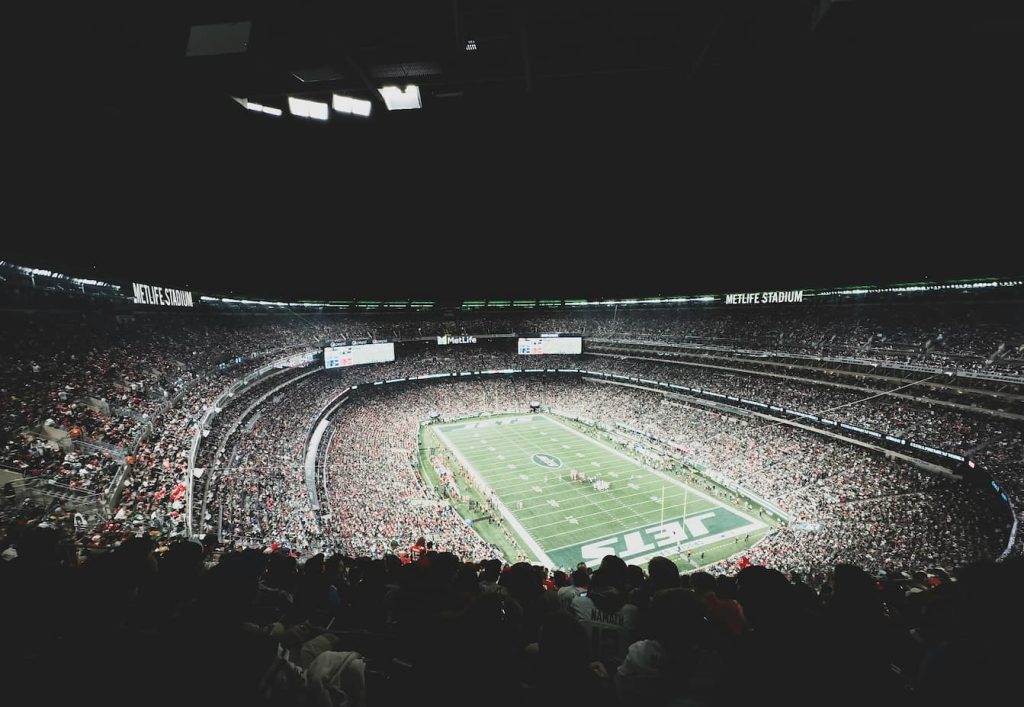Online betting companies make billions by preying on financial struggles. Platforms like 22Bet offer fast winnings, but most users lose. The industry thrives on desperation, convincing people that betting is a solution to their money problems.
Many who gamble do not see it as entertainment. They see it as a last chance. The system is built to keep people spending, turning their struggles into corporate profit.
Gambling Targets the Most Vulnerable
Betting platforms do not target the rich. They focus on low-income users facing financial difficulties.
People without savings see gambling as a possible way out. But instead of winning, they fall deeper into financial instability.
The Illusion of Control in Betting
Online betting sells the idea that smart strategies can beat the system. It tells players they control their chances.
But the reality is different. The system is designed to ensure long-term losses. The house always wins.
Governments Protect Industry Profits
Many governments collect high taxes from betting platforms. This makes them less likely to regulate the industry strictly.
Instead of banning aggressive marketing or limiting losses, they let corporations operate freely. Player protections remain weak.
Addictive Designs Keep Players Hooked
Online betting platforms use colors, sounds, and small rewards to keep people engaged.
These psychological tricks make losses feel like near-wins. Players believe they are “close” to winning, leading them to bet again.
A Cycle of Debt and Desperation

Many gamblers borrow money to keep playing. Some use credit cards, while others take out loans.
This leads to long-term debt. Betting platforms profit from repeated losses, while players sink into financial trouble.
Global Betting Drains Local Economies
Companies like 22Bet operate in many countries. They take money from poor communities and send profits elsewhere.
This process worsens global inequality. Wealth moves upward, while struggling communities lose even more.
Advertising Hides the Reality
Gambling ads focus on winners, not losers. They show excitement, luxury, and easy money.
But most players do not win. The industry relies on addiction and repeated losses to maintain profits.
Betting Companies Influence Politics
The gambling industry holds political power. It lobbies governments to block strict regulations.
This protects corporate profits while harming communities. The system benefits the rich while taking from the poor.
How to Reduce Betting Harm
Governments should ban misleading gambling ads and set loss limits for players.
Higher taxes on betting profits should fund public services, not corporate growth. Stronger protections would help prevent financial exploitation.
Alternatives to Betting for Economic Security
People need real financial solutions, not false hope from gambling. Free education, fair wages, and strong worker protections are better answers.
When people have financial stability, they do not need to gamble. Economic justice, not betting, is the real way forward.
The Role of Social Media in Gambling Addiction
Social media platforms promote betting with targeted ads. These ads reach users who have shown interest in gambling.
Algorithms push betting content to people already struggling financially. This increases addiction and keeps users engaged in endless betting cycles.
The Link Between Gambling and Mental Health
Financial stress from gambling leads to anxiety and depression. Many players experience guilt after heavy losses.
Instead of addressing these issues, betting companies encourage more gambling. They profit from desperation, offering “win back” bonuses to those in crisis.
A System That Profits from Suffering
The betting industry is built on loss. It survives by keeping users in financial distress.
Instead of helping struggling players, platforms like 22Bet ensure they stay trapped. The only real winners are corporations and their investors.
